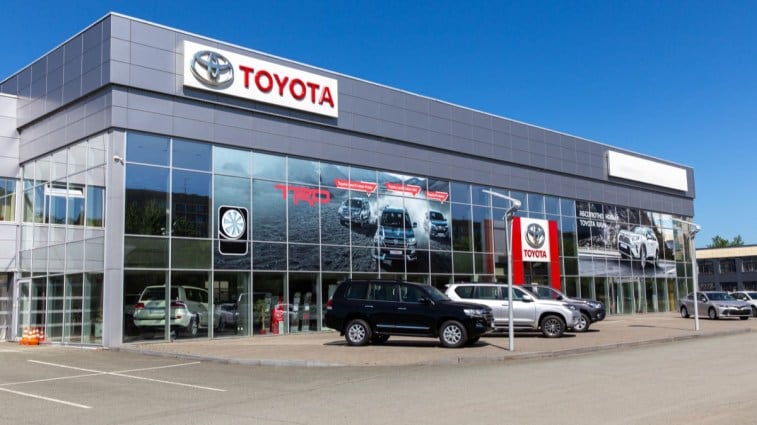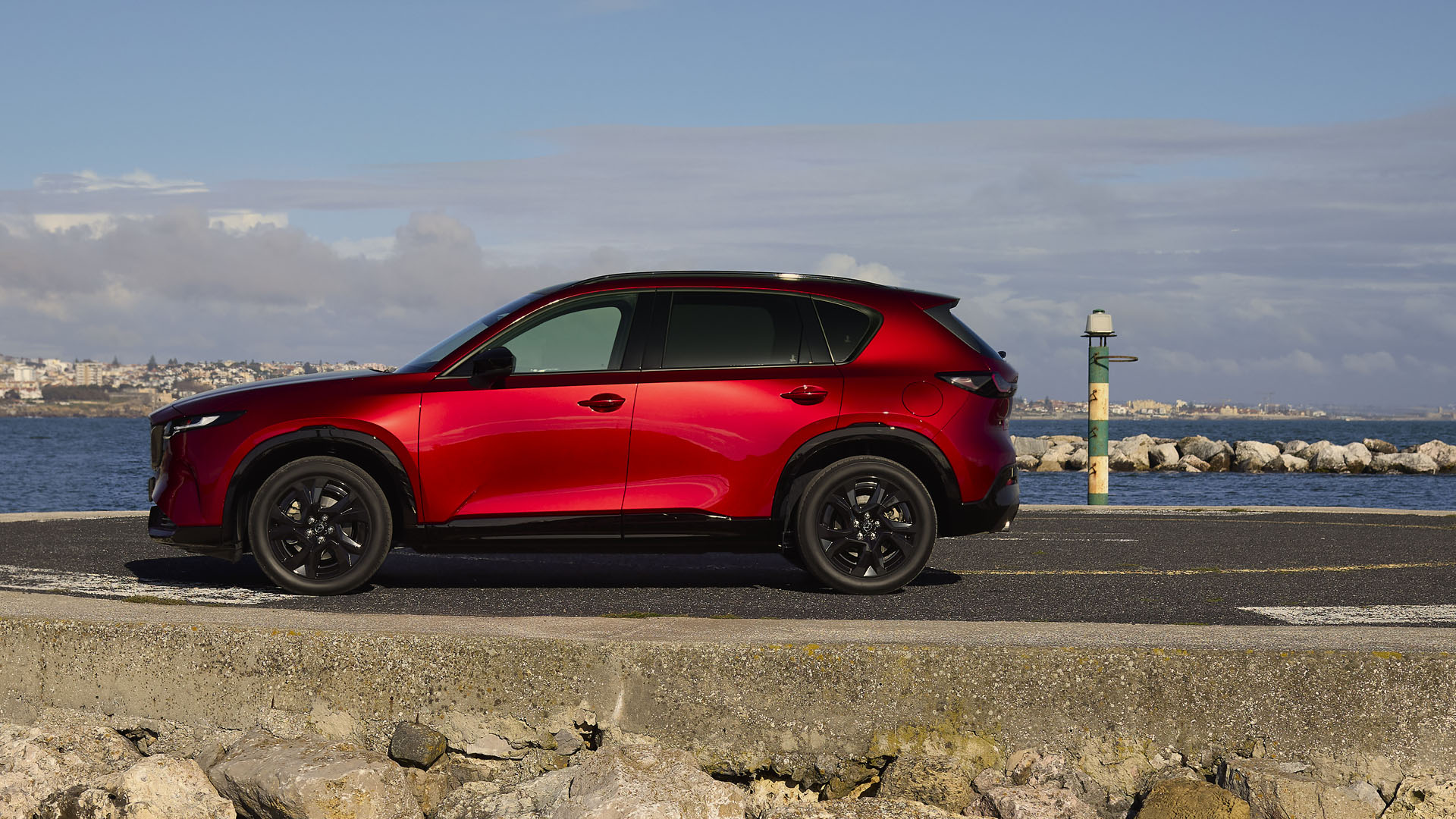
Average transaction prices (ATPs) are now down 2.4%, or $1,212, from the start of the year, the most significant decrease in the past decade.
“After a tumultuous last few years in the automotive marketplace, now we are seeing new-vehicle pricing trends hold steady,” said Rebecca Rydzewski, research manager at Cox Automotive. “Dealers and automakers are feeling price pressure, and with high auto loan rates and growing inventory levels, new-vehicle prices seem to have hit a ceiling, at least for now.”
Cox Automotive is the parent company of Kelley Blue Book.
Possible Strike May Have Little Short-Term Impact on Prices
The auto industry is roiling with strike threats as the United Auto Workers prepare to walk off the job Thursday night if they can’t come to terms with America’s Big Three automakers. But even a strike may have a limited price impact unless it drags on for a long time. “We don’t expect a short-lived strike to impact consumer prices in any meaningful way, at least in the near term.”
Affordable Car Prices Nearly Flat
Non-luxury car prices were nearly flat compared to last year. The average price paid for a new non-luxury vehicle in August was $44,827, an increase of only 0.7% from one year ago. Compared to last month, non-luxury prices were down $169.
Incentives Rising, But Not to Pre-Pandemic Levels
Incentives – the discounts automakers and dealers offer to lure you into the showroom – made up 4.9% of August’s average new car transaction price. That’s up from 2.3% a year ago, though still lower than pre-pandemic norms. Kelley Blue Book estimates incentives averaged 10.8% of ATP in August 2020 and 10.5% in August 2019.
Only three vehicle segments had average transaction prices below $30,000 in August – compact cars, subcompact cars, and subcompact SUVs. All three segments saw month-over-month price declines. The three best-selling segments in the market – midsize SUVs, compact SUVs, and full-size pickup trucks accounted for 45% of sales volume in August and had averages of $46,381, $35,688, and $65,567, respectively.
Luxury Car Prices Down 3% From Last Summer
The average luxury car buyer paid $64,107 last month. Luxury prices increased modestly from July but are down 3.3% over the last year.
Many luxury automakers sold cars for higher prices last month than last summer. Audi, BMW, Cadillac, Land Rover, Lexus, Lincoln, and Merceall saw higher transaction prices.
But Tesla cut prices and sold enough cars to offset the lower resulting ATP.
EV Prices Down Nearly 20%
Electric vehicle (EV) prices continue a precipitous fall. In August, the average price paid for an electric vehicle was $53,376, down from $53,633 in July and down from more than $65,000 one year ago.
Tesla’s year of price cuts has driven the trend. In August, Model 3 prices were down 21% year over year, while Model S was down 17%, Model Y dropped 16%, and Model X was down 13%.
Some dealers find themselves with an unexpectedly large supply of unsold EVs. But Cox Automotive Chief Economist Jonathan Smoke says, “The pressure dealers feel is from over-supply rather than a lack of demand. I see this as a natural speed bump and an expected part of growth. The No. 1 issue for consumers is price, and that’s a barrier even to considering an electric vehicle. As an economist, I can confidently predict that surplus inventory and increased competition will eventually drive down prices, which will help with EV consideration and adoption.”







